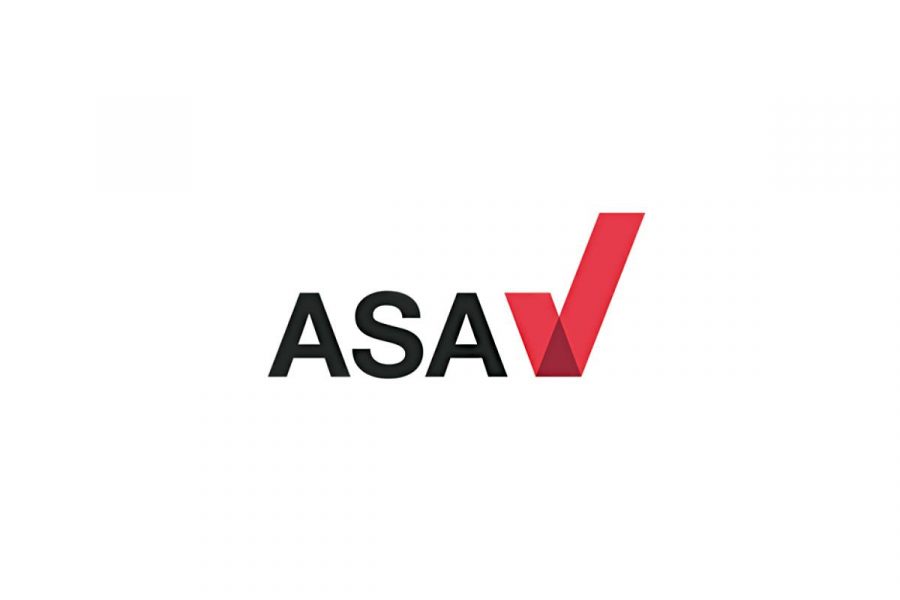UK watchdog bans PlayOJO “Hot or Cold” ad

The ASA has banned found the text in the brand’s advertisement was misleading.
UK.- The Advertising Standards Authority has banned a campaign run by SkillonNet’s PlayOJO brand for a new “Hot or Cold” feature. The watchdog had received three complaints pertaining to advertising content on TV and online in September last year.
The ads identified which games had paid out shortly before pubication and which hadn’t. Two complaints focused on the wording of the text that appeared on the website version and one on the use of a tarot read in a TV ad. Only first two complaints were upheld.
The website ad text ran: “How great would it be to see which games are currently paying out and which ones aren’t, just like you could at an actual Casino? Well now you can.
“You’ll see the most and least profitable games of the moment and when their last big win was, based on real game-play activity, and updated every 5 minutes. You can switch between hot or cold to see which games are the most and least profitable.”
The ASA said this was misleading since it implied the Hot or Cold feature “could predict or influence future success.” It said creating this misimpression could “irresponsibly lead to financial, social or emotional harm.”
SkillOnNet argued that the “Hot and Cold” feature simply informed players how much money had been paid out on online slots and casino games and which games hadn’t paid out for some time. The information, it said, was “based on algorithms updated every five minutes using real-time and accurate gameplay data”.
It also noted that the feature aimed to replicate a roulette table at a physical casino, where the house shows the history of play, “to help players so inclined, to make a decision on what to bet on next.”
However, the ASA upheld the two complaints over the website. It said: “The ads gave erroneous perceptions of the extent of a player’s control over a bet by using that feature, they could encourage gambling that was socially irresponsible or could lead to financial, social or emotional harm and therefore also breached the code on that basis.
The complaint against the TV ad claimed that the ad “irresponsibly exploited cultural beliefs or traditions about gambling or luck” by using a tarot card reader. The ad had been approved by clearing service Clearcast.
However, this complaint was not upheld since the ASA found that it did not exploit cultural tradition by using a tarot reader.
Last month, the ASA reprimanded Flutter’s Paddy Power over a radio ad where the reading of terms and conditions were done too quickly. The ASA ruled that the voiceover was “not clear and intelligible”.
The ad, which ran in December, promoted a Bet Builder free bet offer. The voiceover at the end of the ad read the terms and conditions (minimum odds of 1/5 per leg, a minimum of four legs, a maximum free bet of £10 per day, and the exclusion of enhanced match odds).
Meanwhile, GambleAware’s chief communications officer Alexia Clifford has welcomed the Committee of Advertising Practice’s (CAP) new rules on gambling advertising announced earlier this month.
The rules will significantly impact gambling advertisers looking to promote their brands using prominent sports people and celebrities or social media influencers who appeal to under-18s.
The new rules state that gambling and lottery ads must not “be likely to be of strong appeal to children or young persons, especially by reflecting or being associated with youth culture”.
This is a step-change from the existing rules that gambling ads must not be of “particular appeal” to children – that is, that they must not appeal to children more than adults. The new “strong” appeal test prohibits content (imagery, themes and characters) that has a strong level of appeal to under-18s regardless of how it is viewed by adults.











